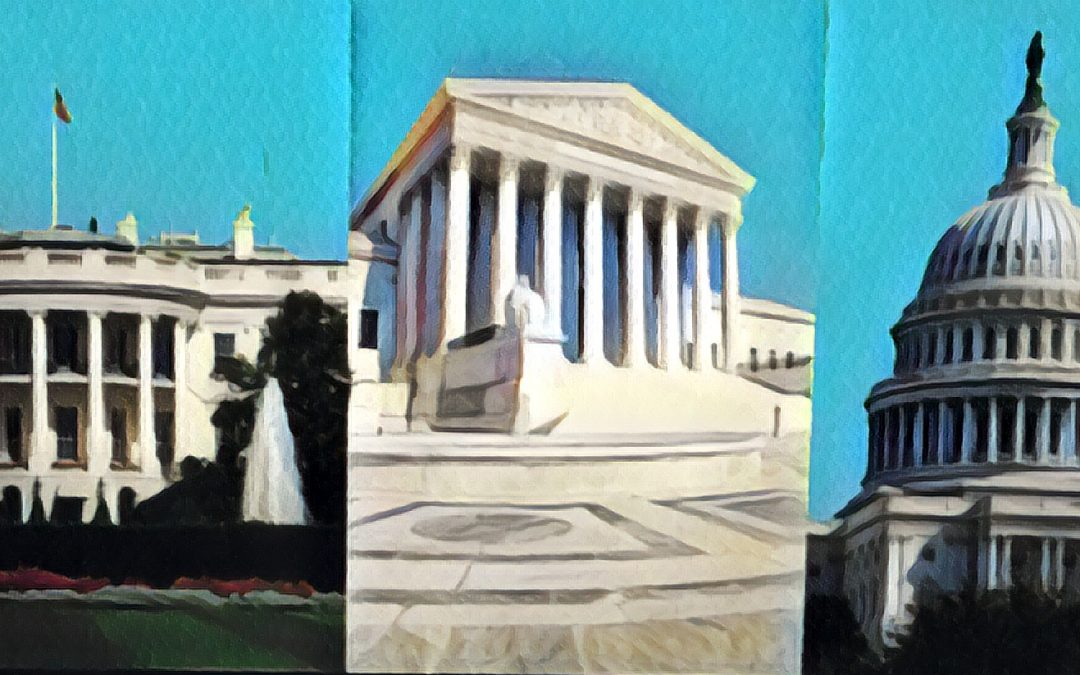Great Plains Lending, LLC, and Plain Green, LLC v. Consumer Financial Protection Bureau concerns the CFPB’s authority over tribal lending entities
WASHINGTON, DC – The Native American Financial Services Association (NAFSA) submitted an amicus brief this week in support of the plaintiffs in Great Plains Lending, LLC, and Plain Green, LLC v. Consumer Financial Protection Bureau, which is on petition for certiorari to the United States Supreme Court. The question before the Court is whether a law of general applicability that is silent regarding Tribes does in fact apply to Tribes.
This case could have major implications for tribal sovereignty as it seeks to resolve a split in circuit courts. The 9th Circuit ruled that such laws do apply to Tribes, that tribal lending entities (TLEs) are subject to the Consumer Financial Protection Bureau’s (CFPB) enforcement authority, and must comply with the agency’s Civil Investigative Demands (“CIDs”). In using its authority, the CFPB has abandoned the co-regulatory structure envisioned when the bureau was created in 2010.
“This is an important case that the Supreme Court should hear in order to resolve the split in the Circuits, and we hope the Court affirms tribal sovereignty,” said Gary Davis, Executive Director of NAFSA. “Rather than work with tribes and their TLEs, the CFPB has instead chosen to aggressively target TLEs, ignoring both tribal sovereignty and tribal regulatory agencies. The CFPB’s actions run counter to both legislative intent and legal precedent, and could also be damaging to tribal economic development in general. It’s vital for NAFSA and all who care about tribal sovereignty to weigh in on this very important case.”
The brief, which can be found by clicking here, supports the legal arguments presented by Great Plains Lending and Plain Green, while also offering perspective on why tribal lending is important to tribal economic development more broadly. For many tribes, especially those in remote locations, online lending offers opportunity long thought impossible. Revenue generated by TLEs have supported health clinics, children and educational initiatives, elder services, and many other community investments. Additionally, TLEs provide a vital service to millions of Americans ignored by traditional lending institutions.
“The real-world consequences on tribal online lending cannot and should not be ignored – both for the tribes themselves and for the customers who rely on the services they provide,” Davis said.


